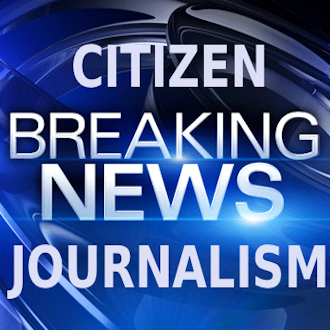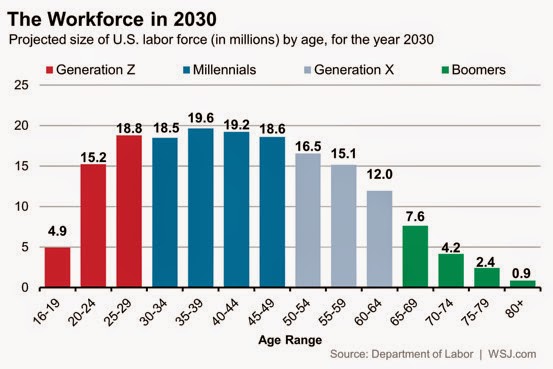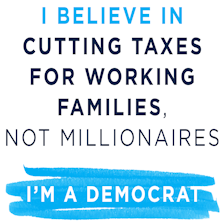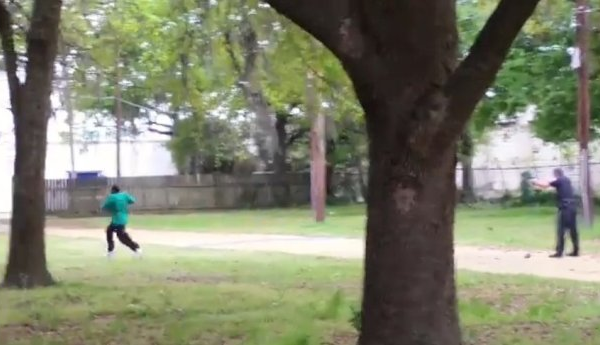 It’s fair to say that Barack Obama’s 2012 presidential bid marked a watershed moment for political campaigners. This was a campaign covered in Silicon Valley’s fingerprints, characterized as it was by its widespread use of technology to capture and record data to deliver targeted messages to voters.
It’s fair to say that Barack Obama’s 2012 presidential bid marked a watershed moment for political campaigners. This was a campaign covered in Silicon Valley’s fingerprints, characterized as it was by its widespread use of technology to capture and record data to deliver targeted messages to voters.As one former Obama campaign manager said: “We stopped thinking in terms of ‘soccer moms’ and started thinking instead about ‘Mary Smith at 37 Pivot Street.’”
What was once done with pen and paper is now being done in real time and at a staggering pace, providing politicians and their election teams with a far richer picture of voters than previously possible.
Next month will see the UK head to the polls for its first general election since 2010, which has been described as one of the most unpredictable in living memory. Throughout Westminster, political parties are putting their faith in technology to gain an edge over their rivals, defend vulnerable seats and better connect with the electorate. Both Labour candidate Ed Miliband and Prime Minister David Cameron have hired former Obama advisers to head up their campaign teams, which look to replicate the success of Democrats in securing key votes.
These are techniques that have been the mainstay of the private sector for more than a decade, whether through Tesco’s original Clubcard system or Amazon’s “People who bought…” tracker. Retailers have ploughed billions into profiling technology that analyzes shopping habits to work out exactly who their shoppers are and how they behave. Why? Because it pays for them to know if you’re a “wholesome foodie,” “time-poor, food rich professional” or “Netflix loving hipster.”
Today’s political parties are aping commercial practices, such as these to splice and dice their electorate by their individual priorities, interests and issues. Politicians want to know who votes and what motivates them, what they value and how they feel about key issues, adapting their campaign strategies accordingly.
Information gleaned from private polling, membership logs and door-to-door canvassing is fed back to party headquarters, combined with location and electoral register information to draw up a map of supporters, opponents and floating voters.
Full Article: Digital Democracy Or 21st-Century Electioneering | TechCrunch.




















